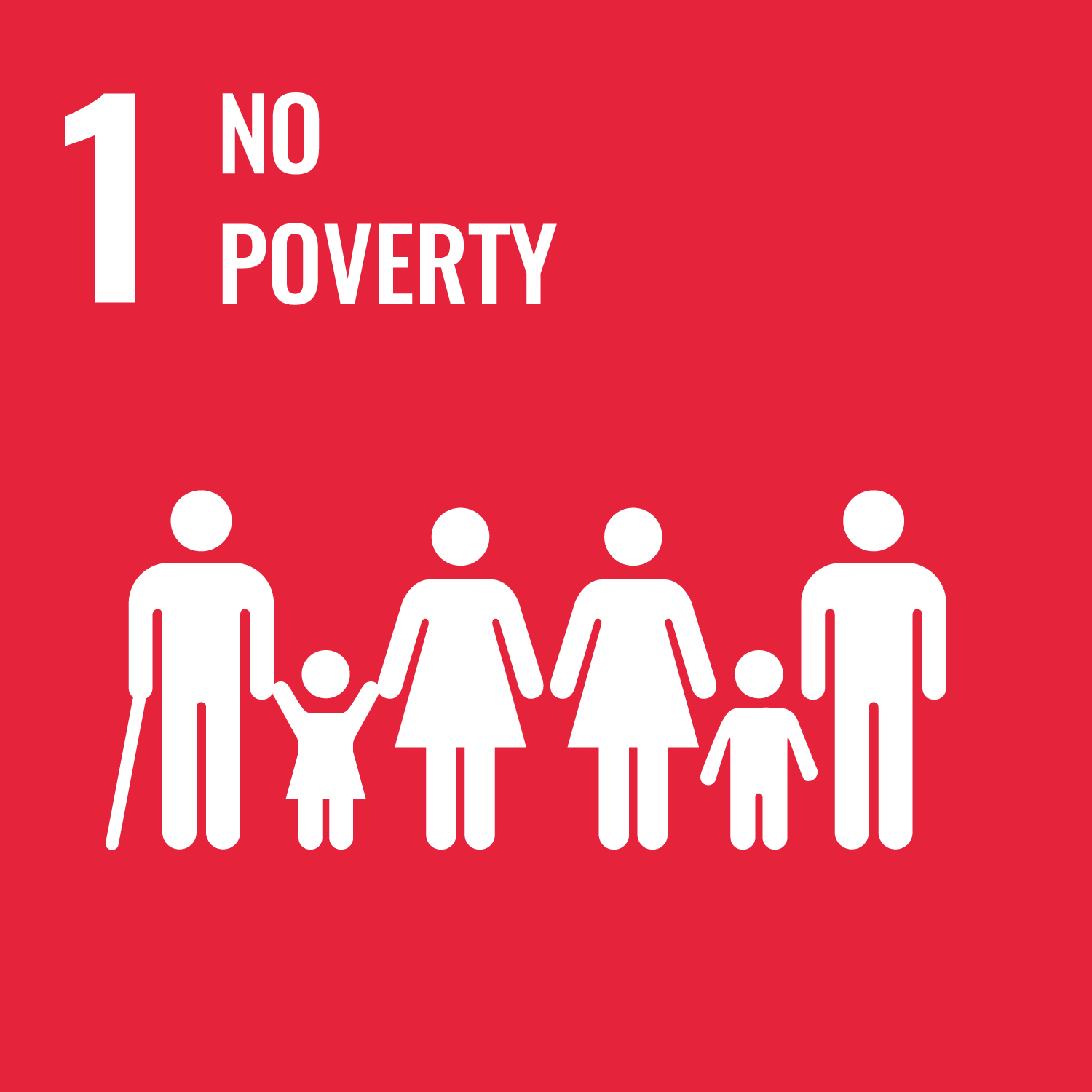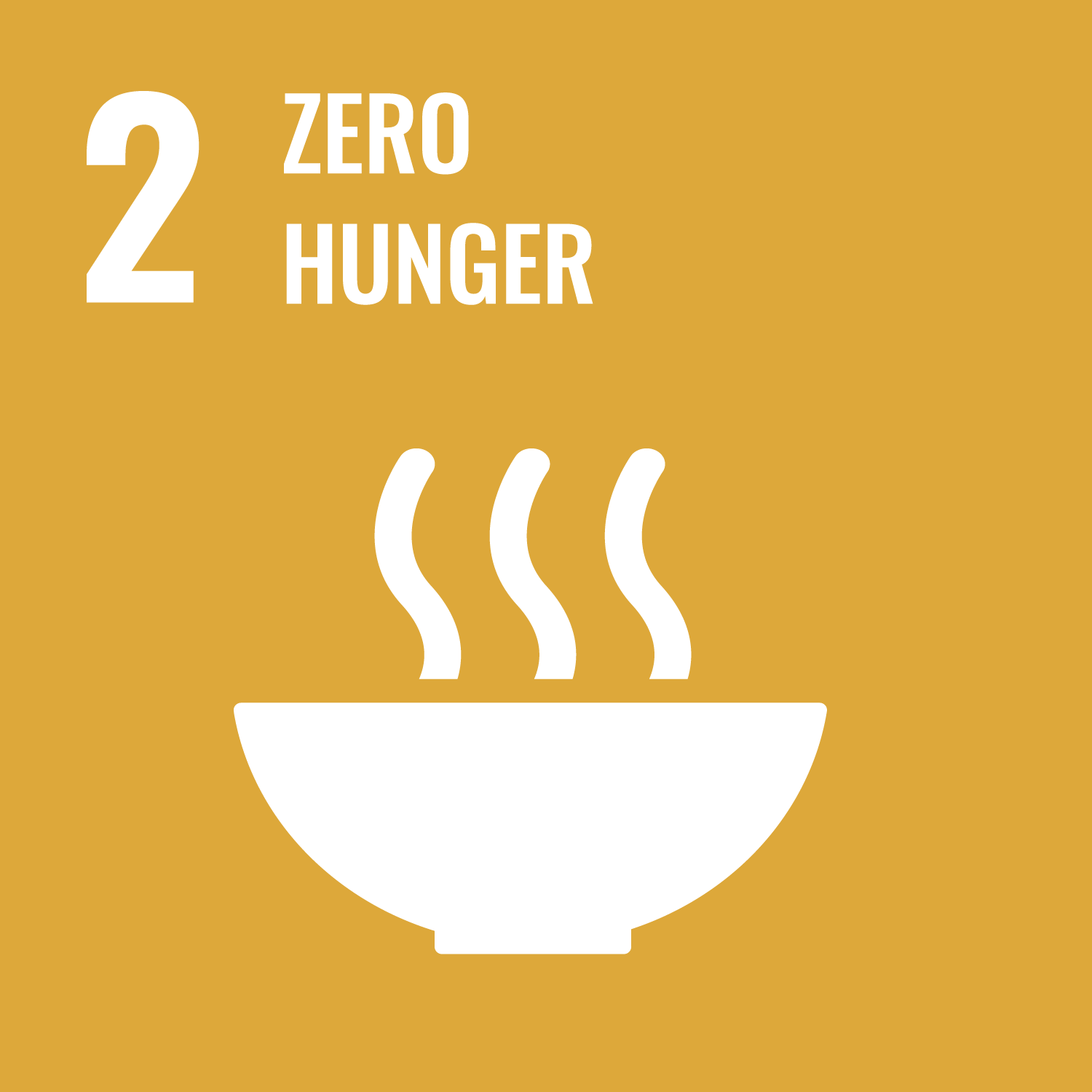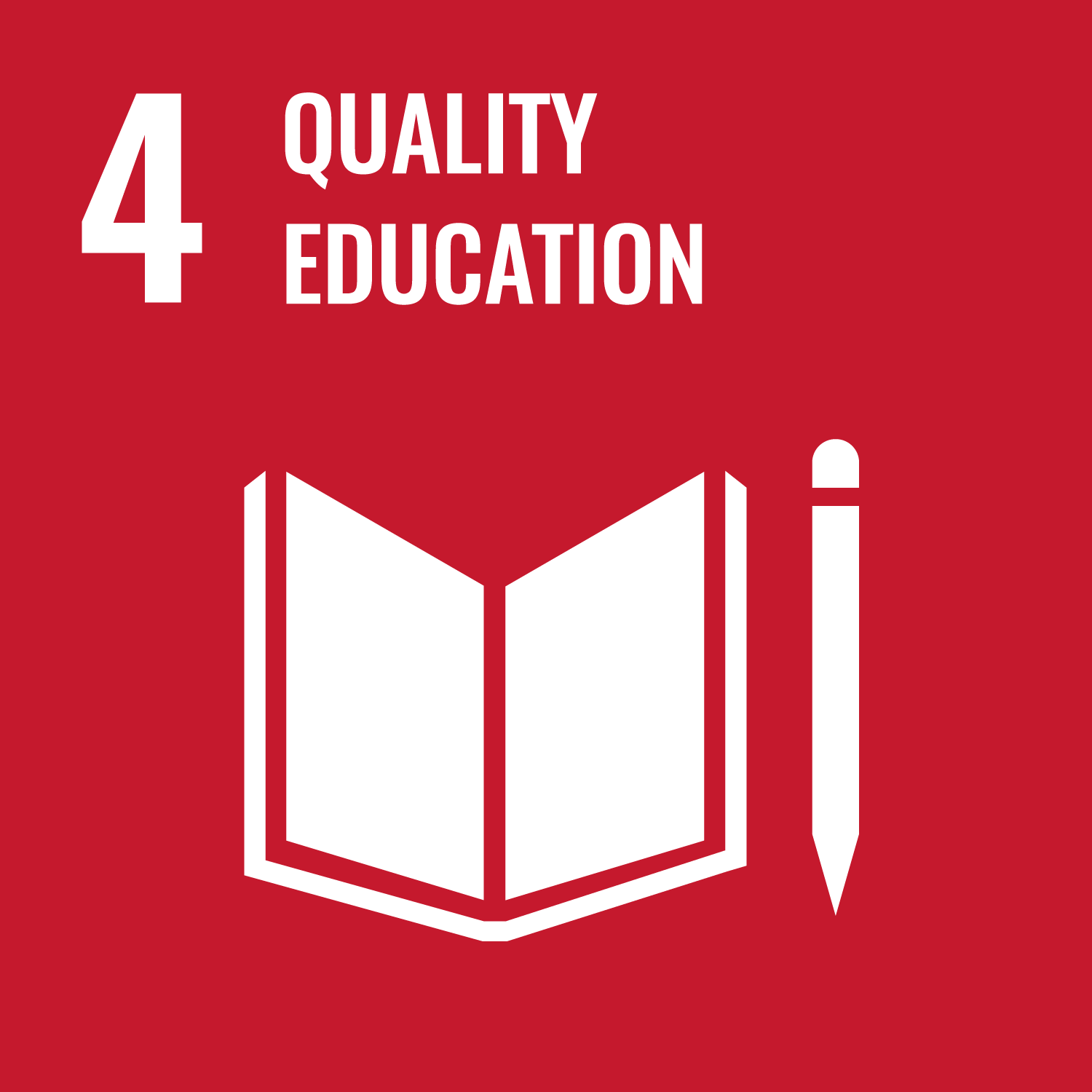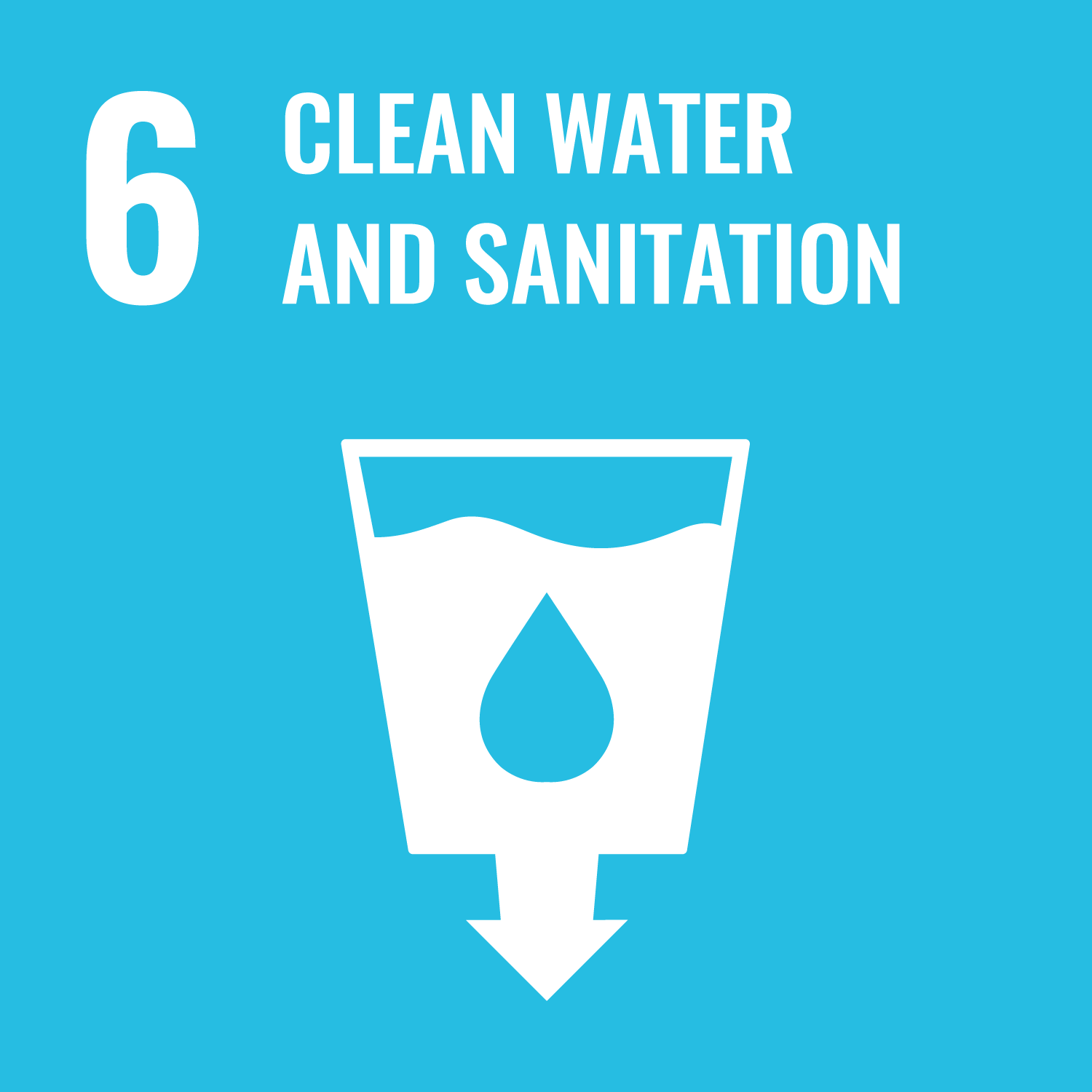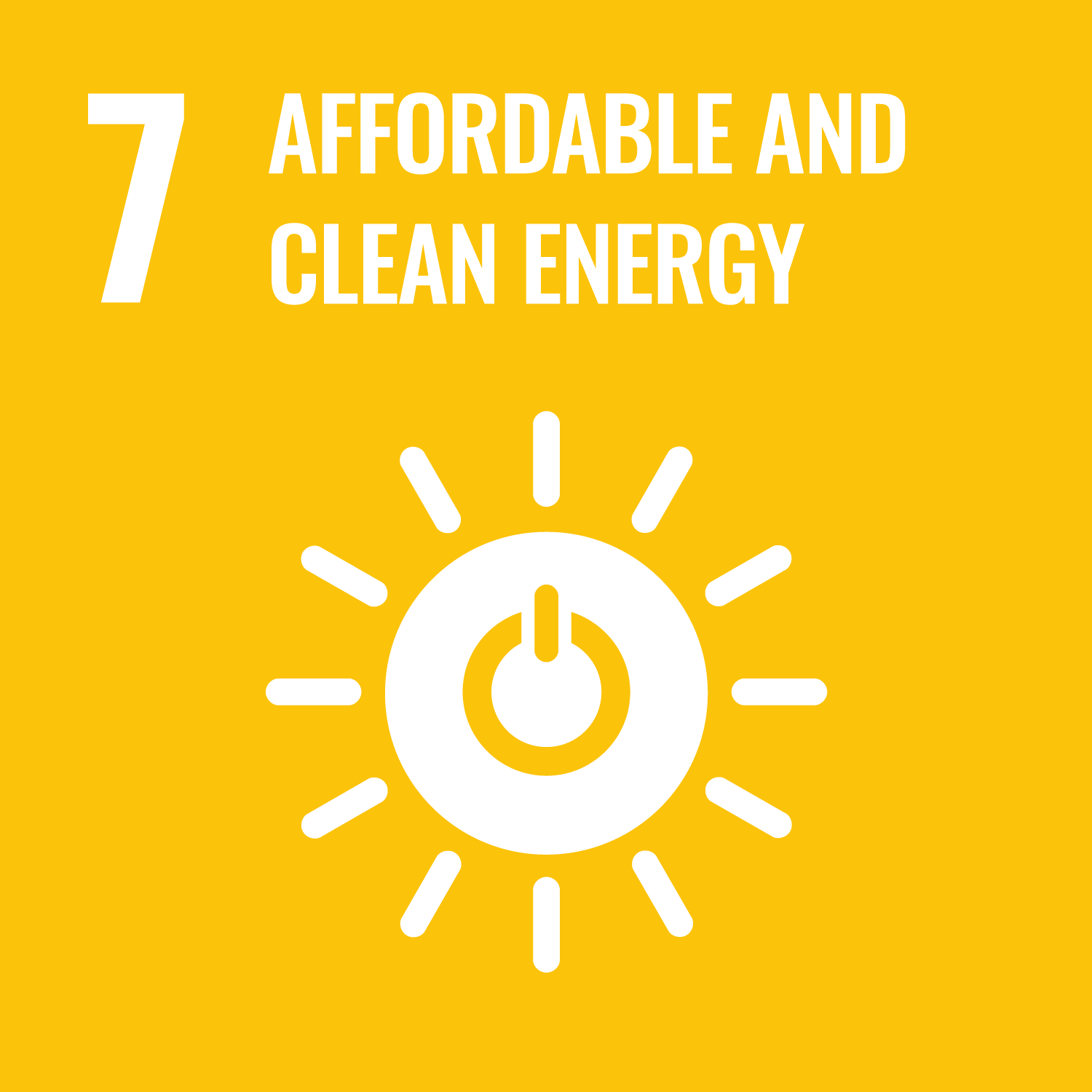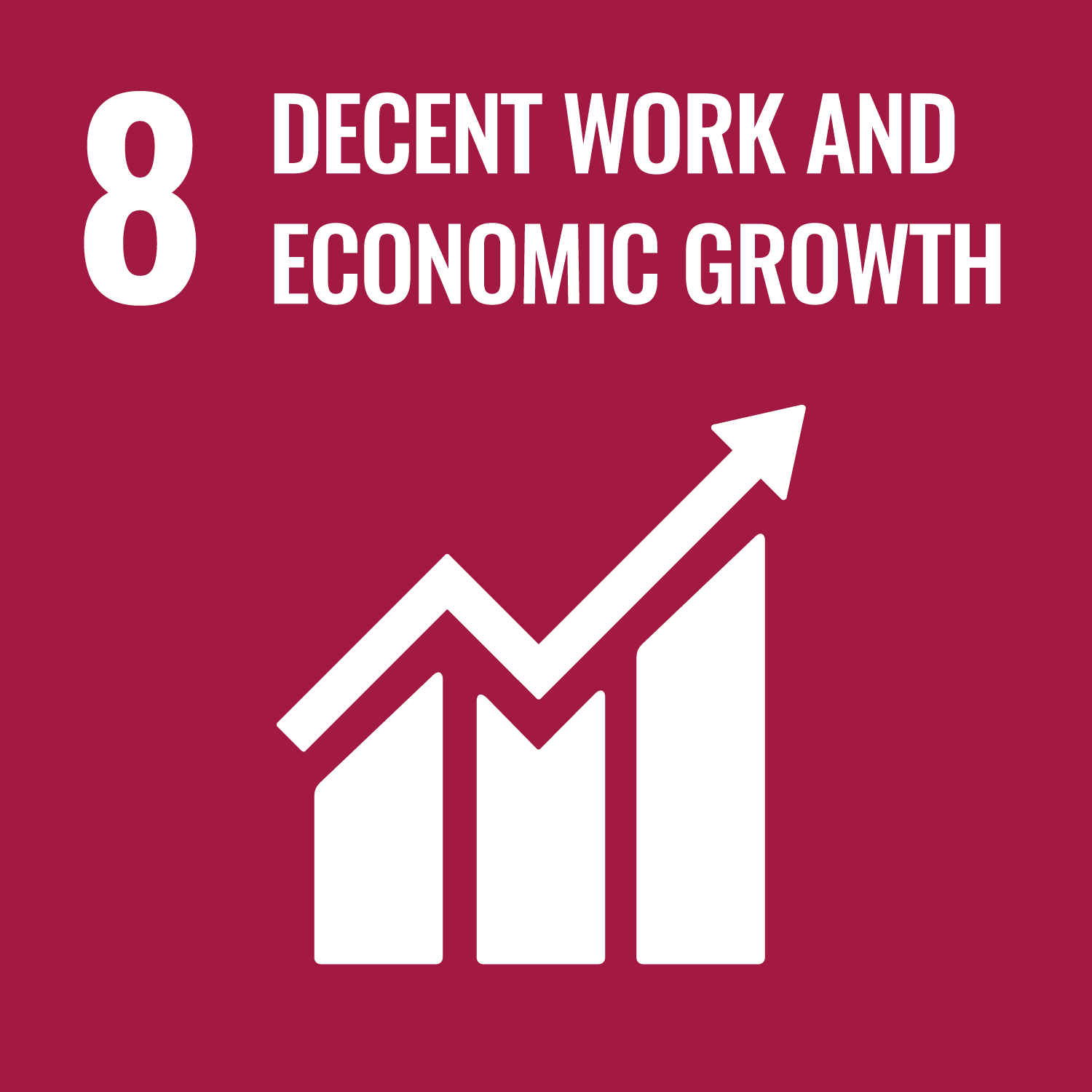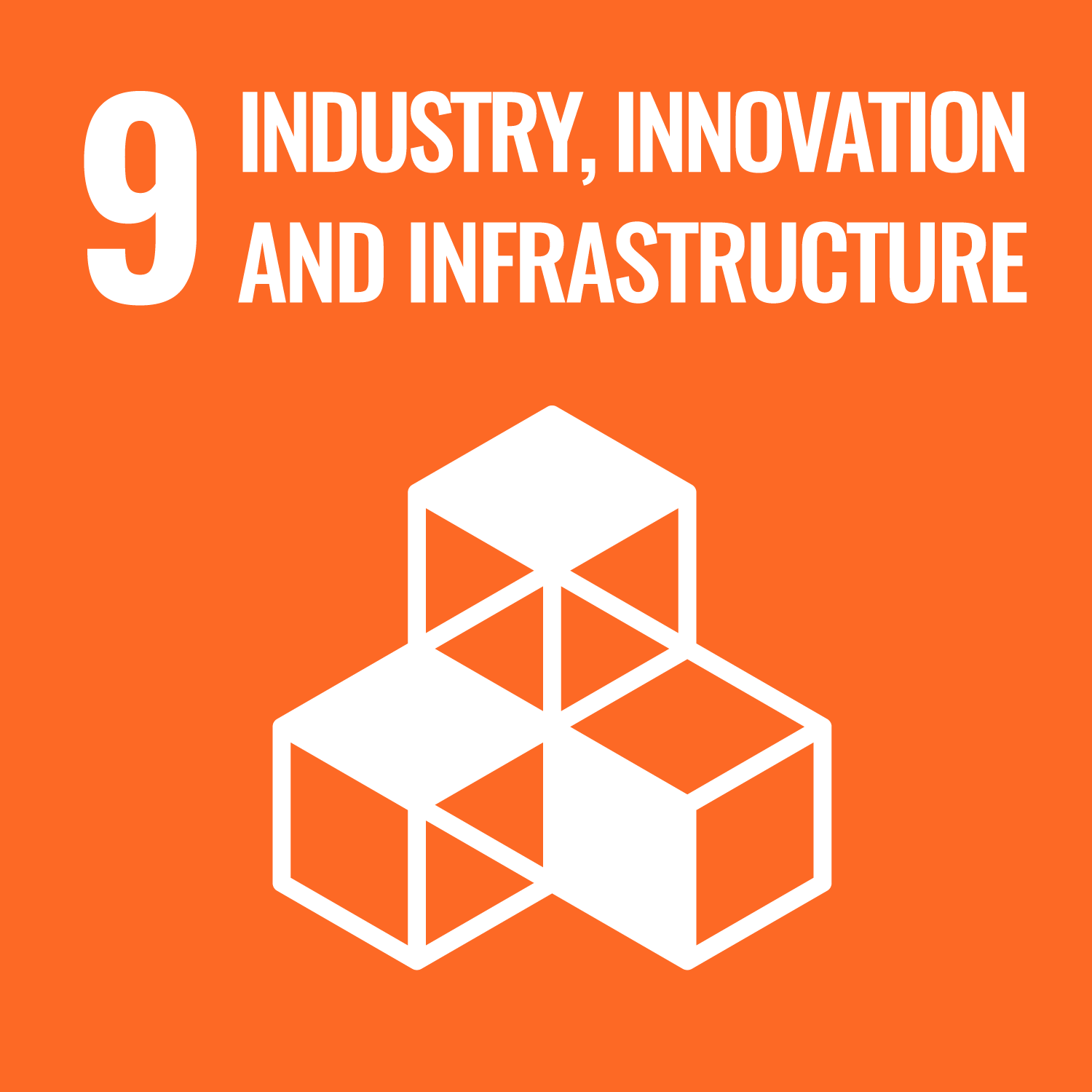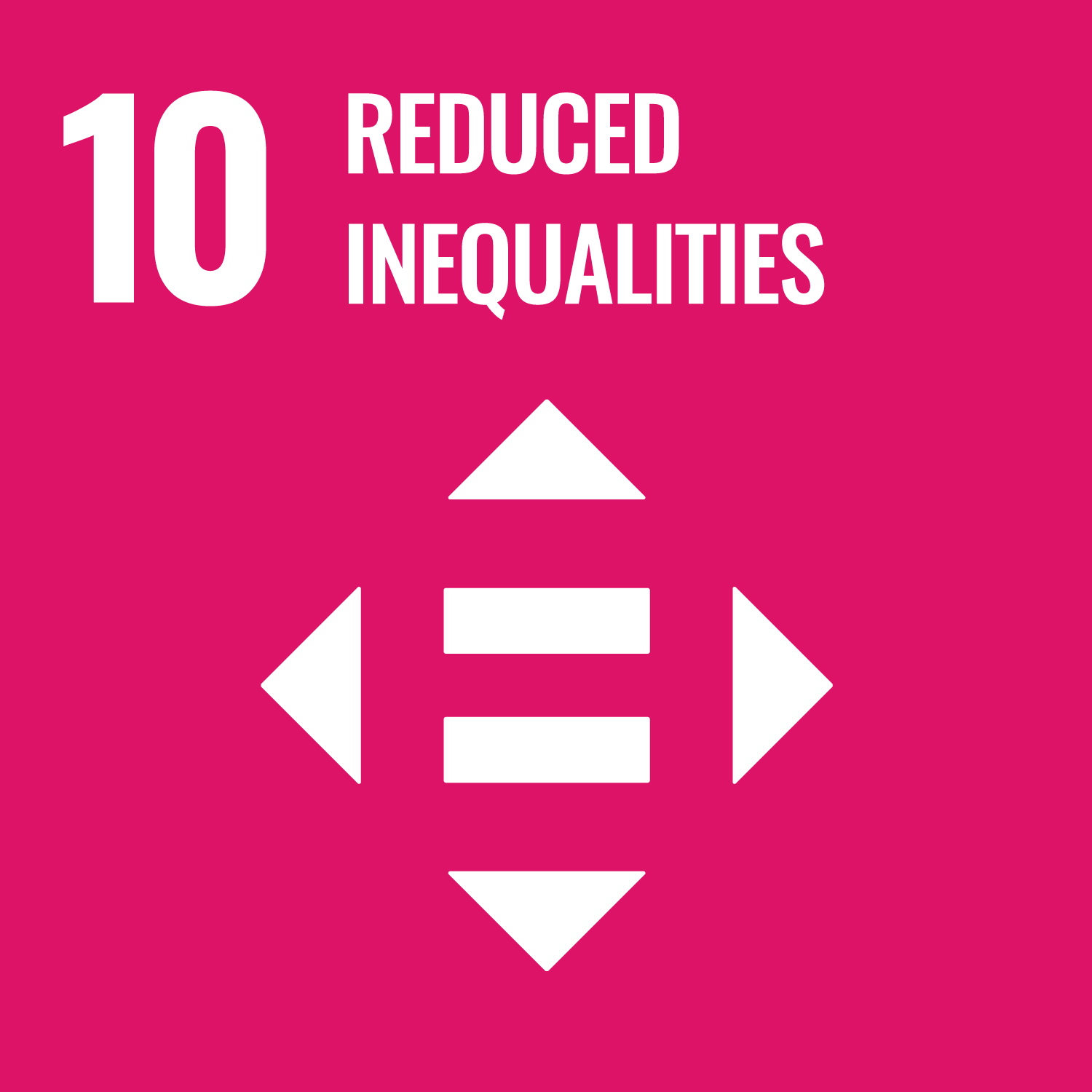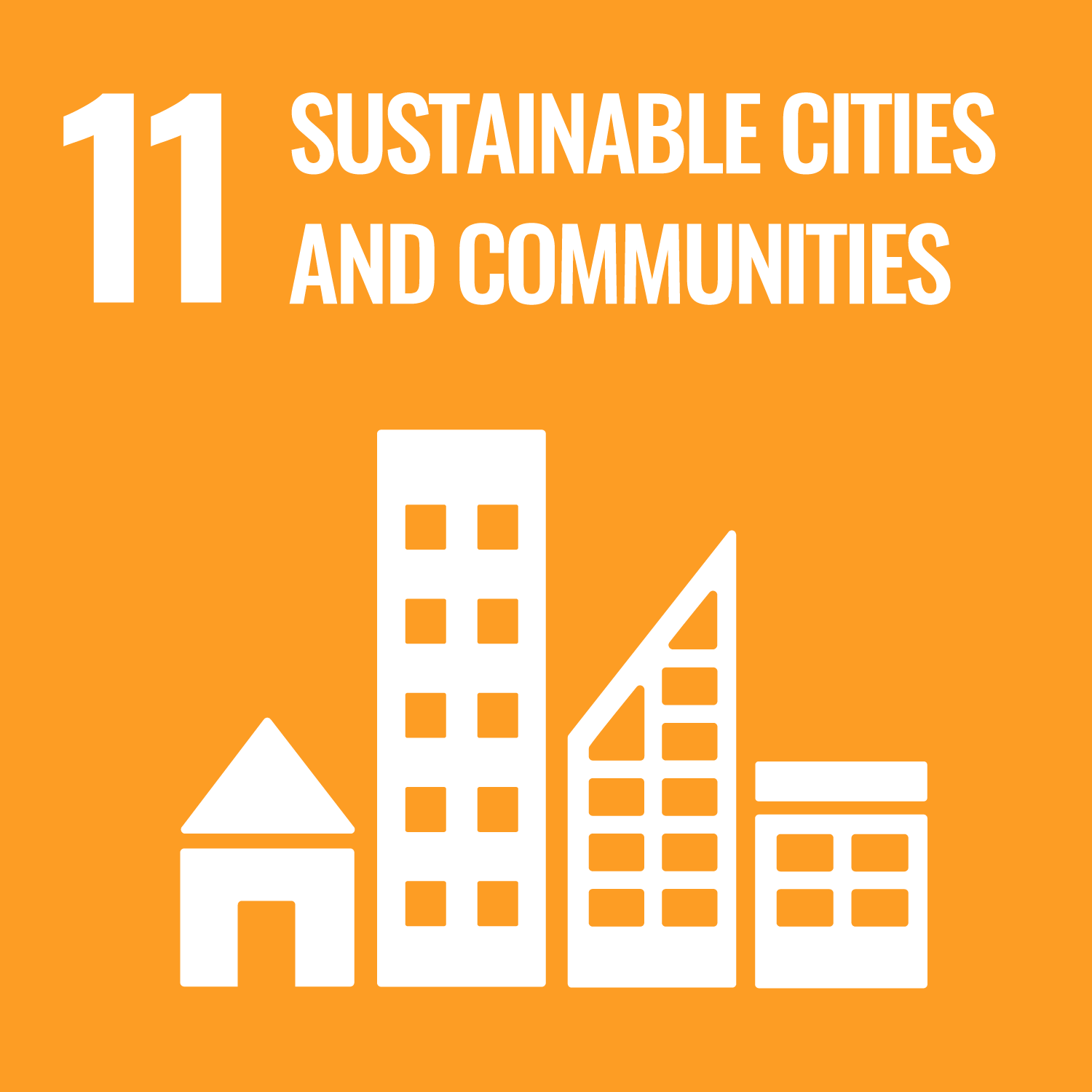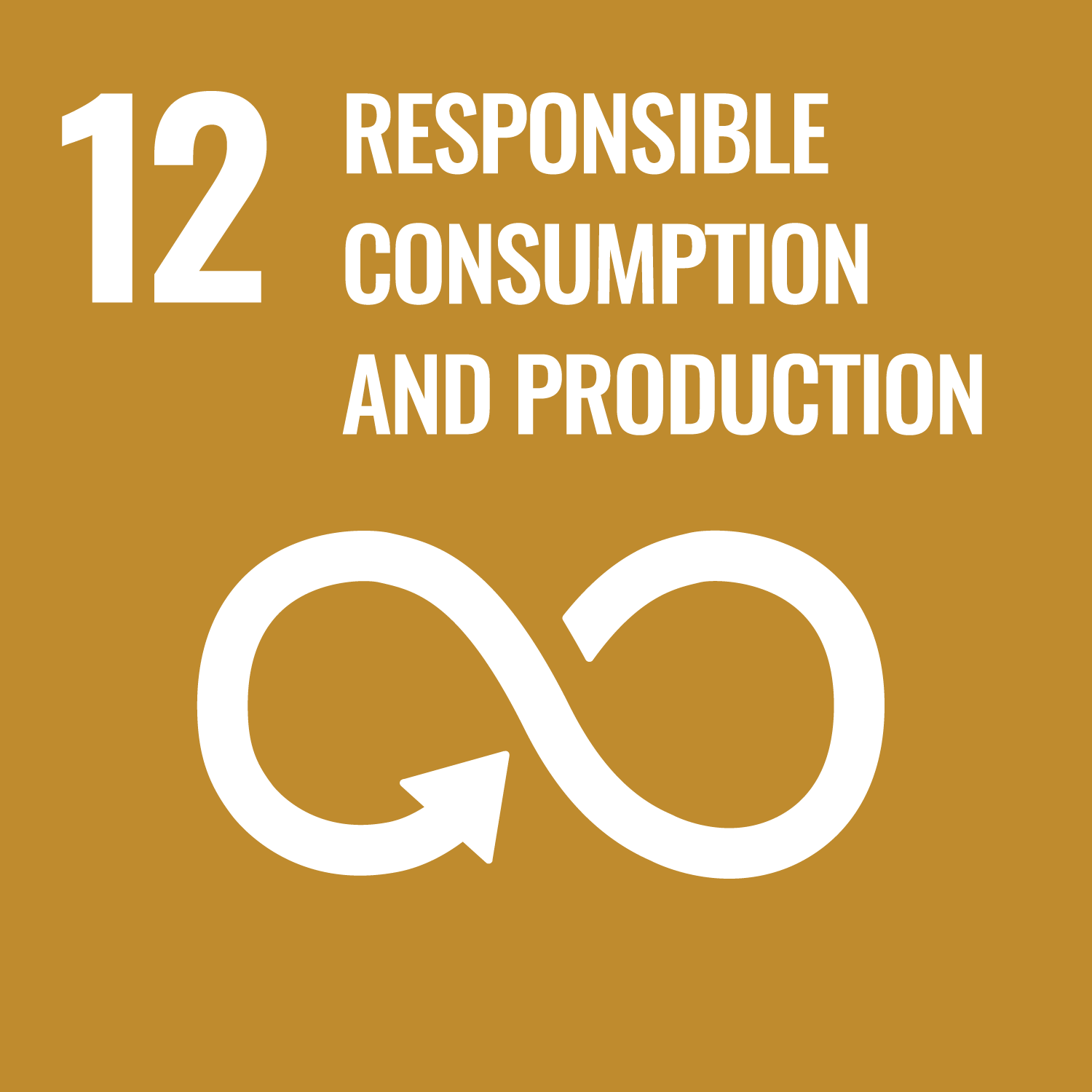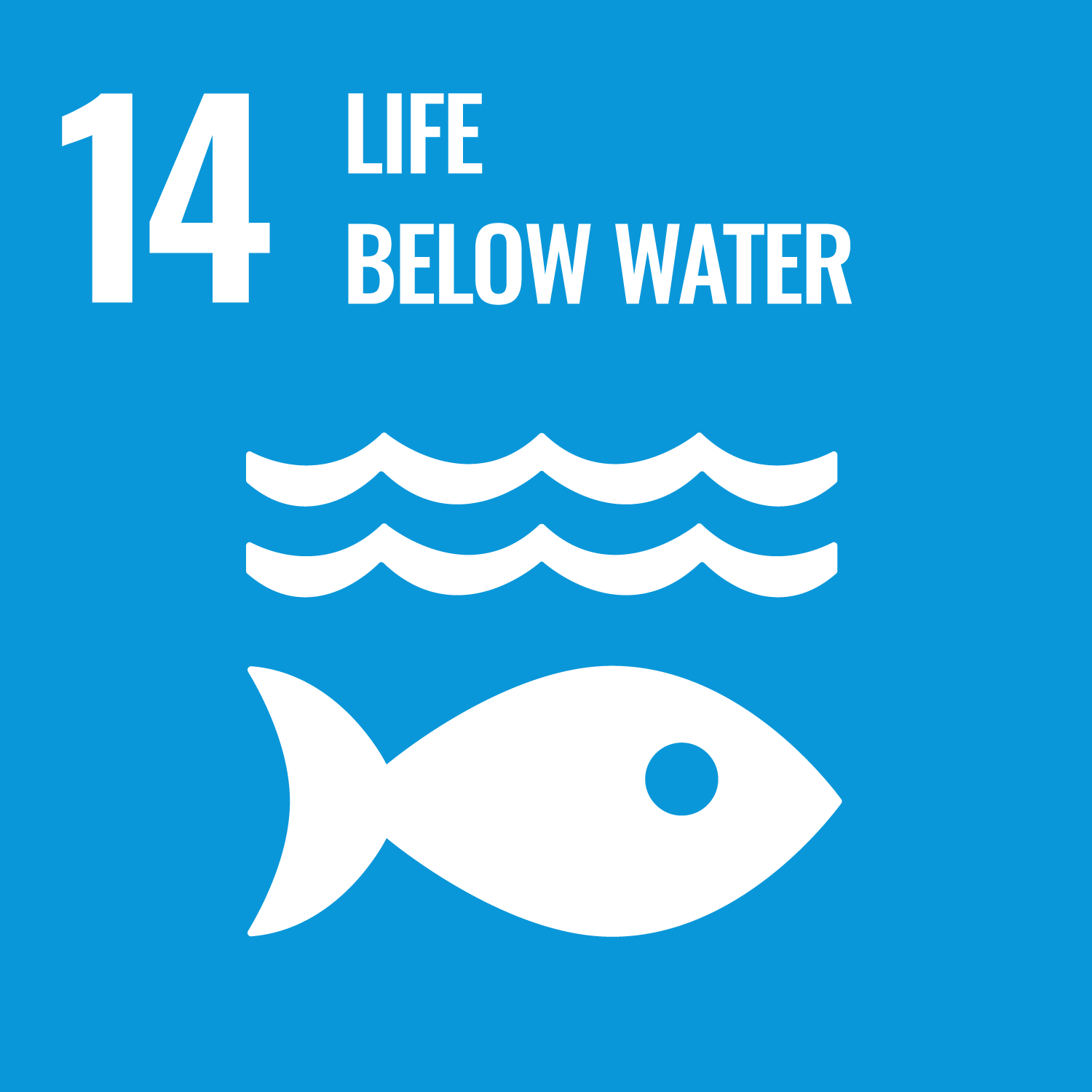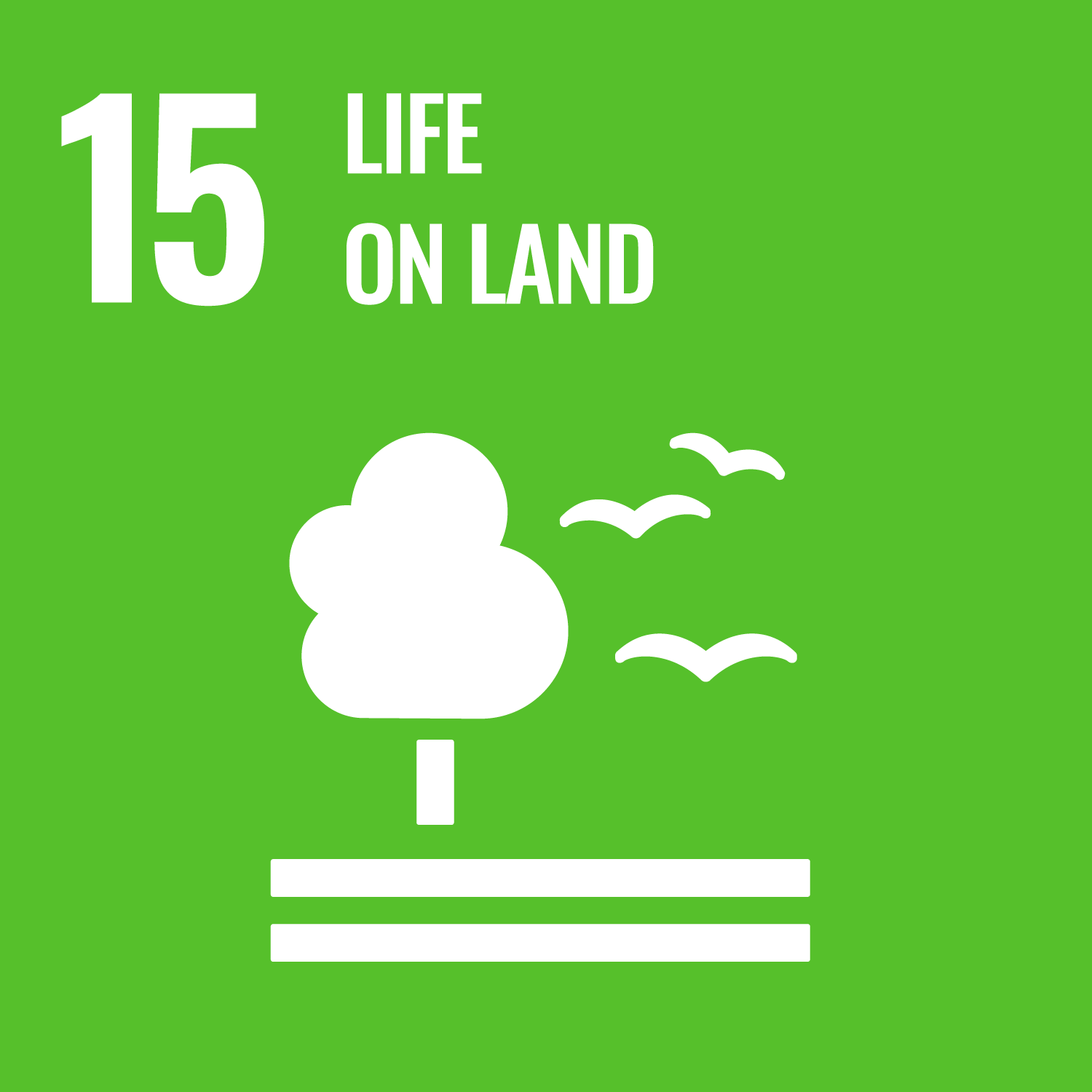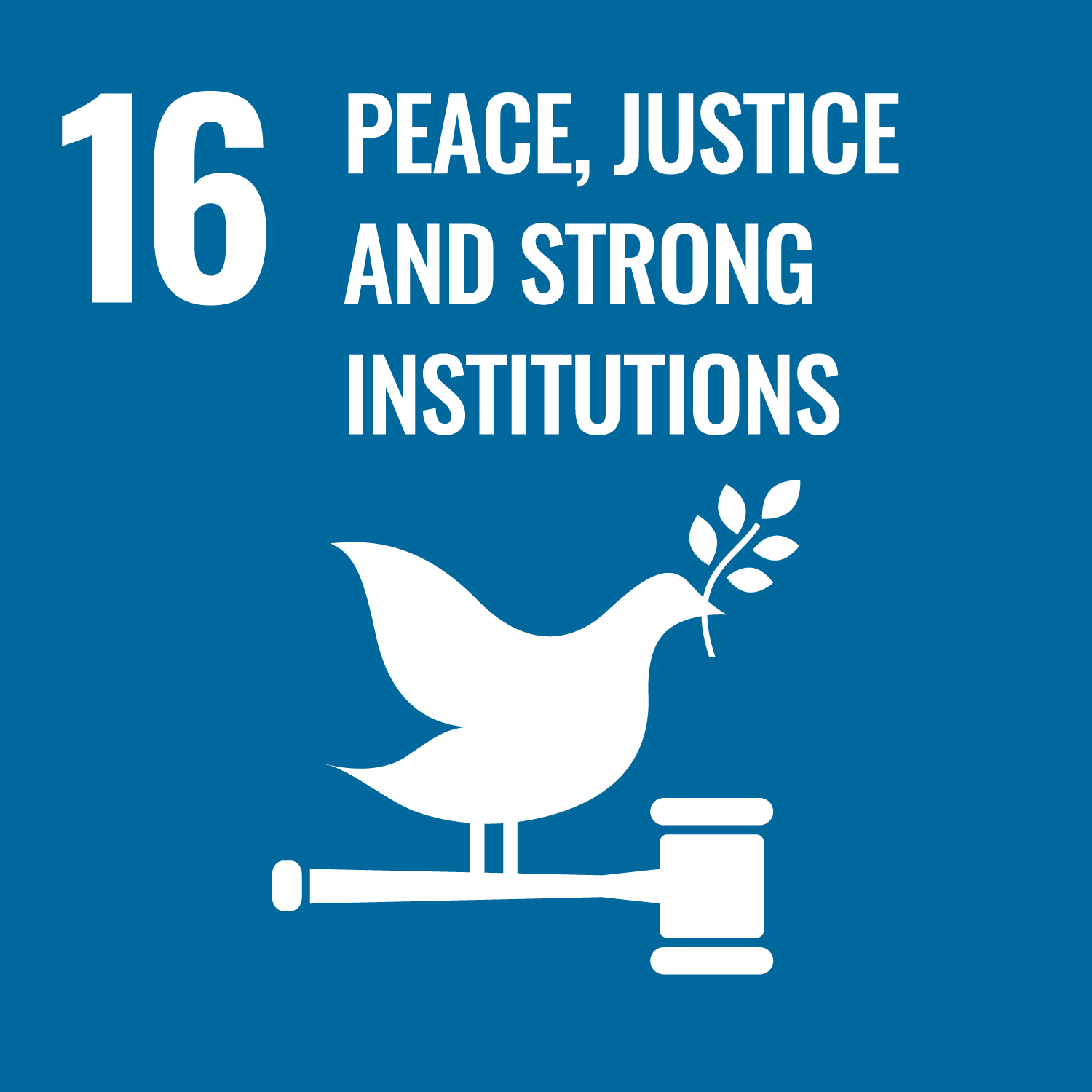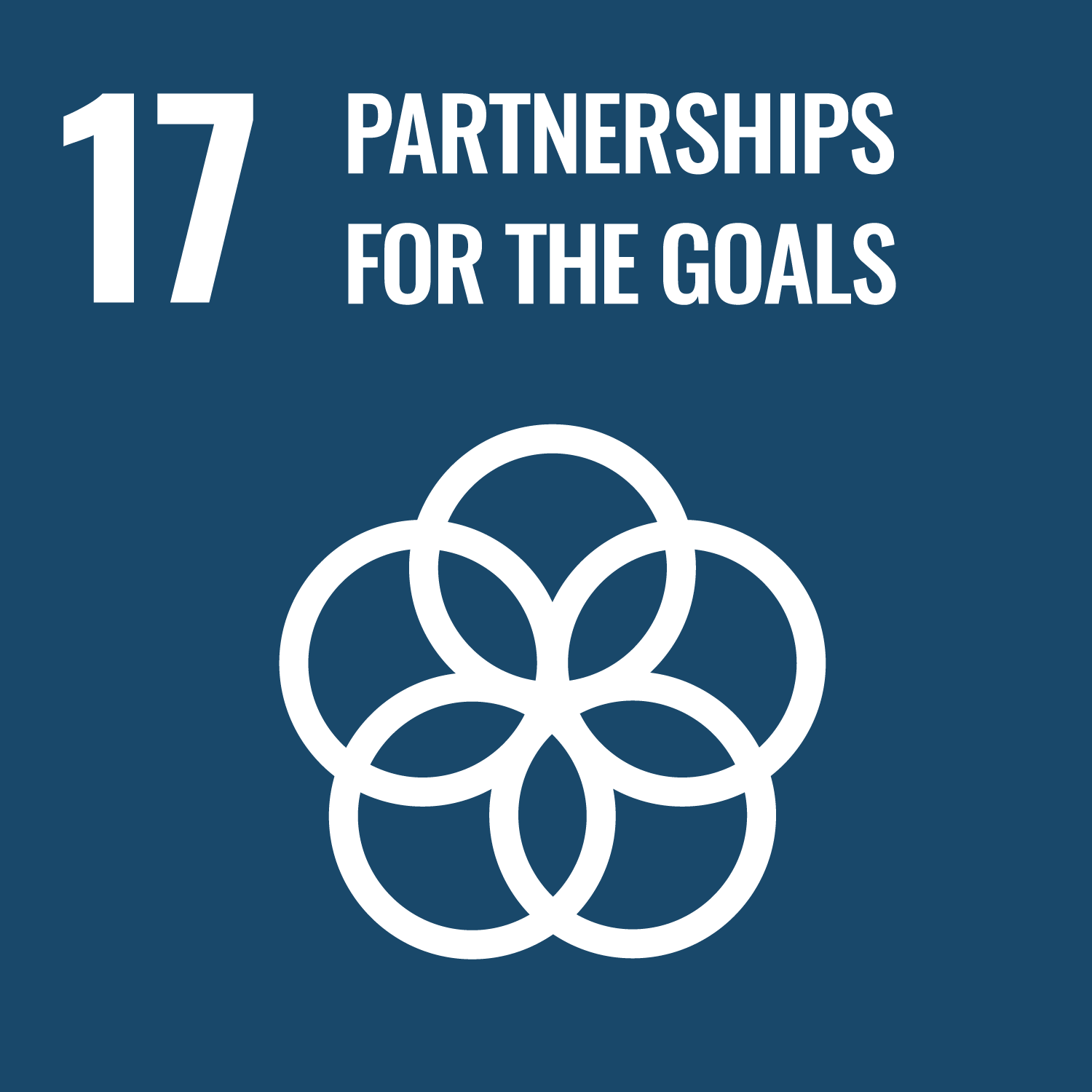Passing on the vegetables of Koshijima Island to future generations
Pedagogy Faculty of Education practice-field
Ryuno Miyo/Motomura Hiroyasu/Hidaka Michio/Nakano Hatsunori
- toshima
Background and objectives of activities
On Koshijima Island, indigenous vegetables have been cultivated and used since ancient times, and they have contributed greatly to the development of local culture through the lives and upbringing of the islanders. However, due to the cultivation of commercial varieties that emphasize economic efficiency after the war, and the sharp decline in the islander population due to the low birthrate and aging population, these crops are now on the verge of extinction. The aim of this activity is to preserve and pass on this diverse and valuable genetic resource, while also using it in practical food education programs, in order to protect and pass on traditional local culture and lifestyle culture to the future without losing them.

Summary of Activities
[Discovery, research, collection and preservation of traditional vegetables] We will collect the traditional crops that remain on Kobashima Island, and while clarifying their cultivation characteristics and evaluating their genetic resources, we will also analyze their historical and cultural background from a folklore perspective, including their role in ceremonial and traditional meals and their role on the island.
[Food education program] We will implement a food education program using traditional crops as learning materials, with agricultural and folklore considerations, at the Toshima Village Kobashima Elementary and Junior High Schools.
Expected Benefits
By implementing this research's food education program, not only will the pupils deepen their understanding of local crops, but they will also be able to improve their food awareness and deepen their attachment to the island by feeling a sense of achievement and accomplishment. In addition, by having the islanders participate in the pupils' activities, it will be possible to build a system in which both the community and the school support each other. By having the school play a central role in protecting and passing on the rich and diverse local food culture to future generations, many effects can be expected, such as the promotion of local industry and the revitalization of the local community.
